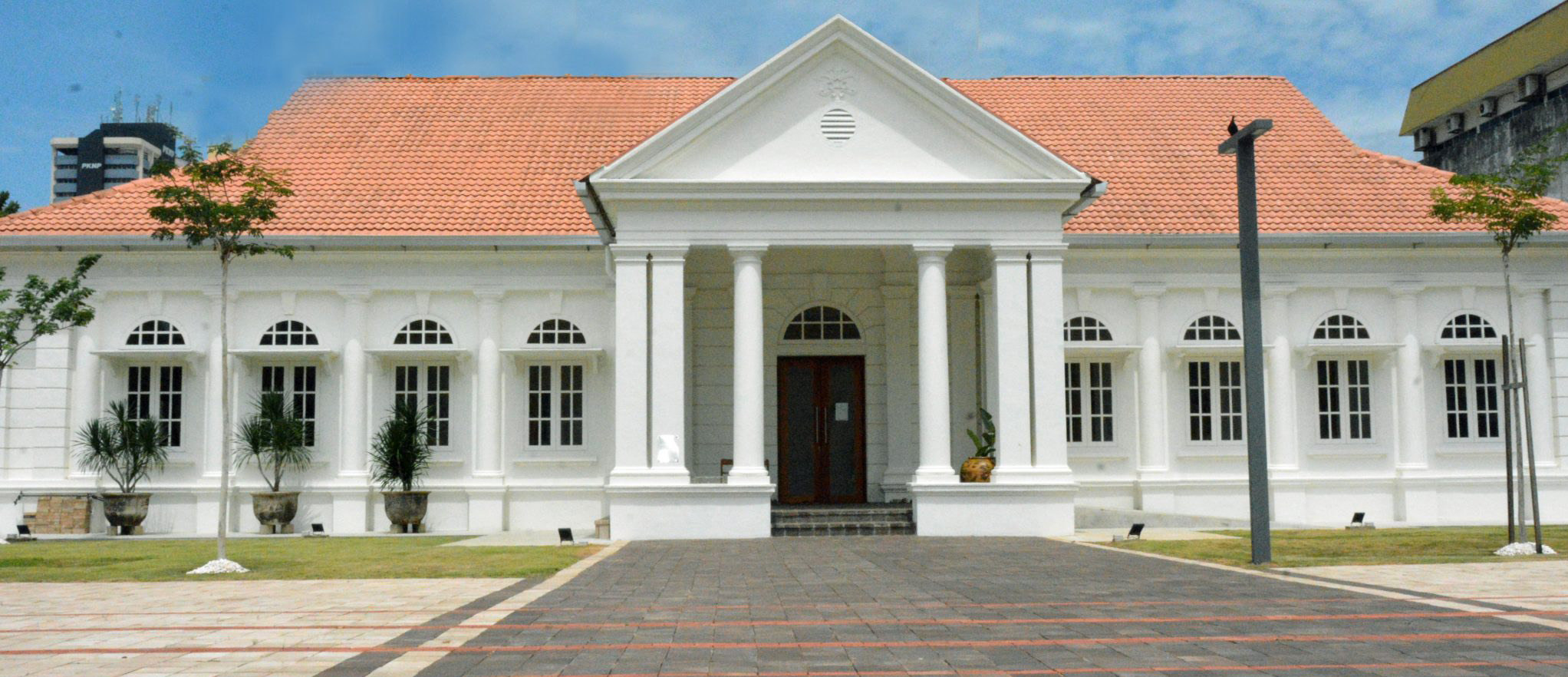Age of Secrecy: Jews, Christians, and the Economy of Secrets, 1400--1800 Daniel Jutte
Publication details: New Haven and London Yale University Press 24 July 2015Description: 440p. 15.56 x 3.02 x 23.5 cmISBN: 978-0300190984Subject(s): JewsDDC classification: 305.8924 Summary: The fifteenth through the eighteenth centuries were truly an Age of Secrecy in Europe, when arcane knowledge was widely believed to be positive knowledge that extended into all areas of daily life, from the economic, scientific, and political spheres to the general activities of ordinary people. So asserts Daniel Jütte in this engrossing, vivid, and award-winning work. He maintains that the widespread acceptance and even reverence for this “economy of secrets” in premodern Europe created a highly complex and sometimes perilous space for mutual contact between Jews and Christians. Surveying the interactions between the two religious groups in a wide array of secret sciences and practices―including alchemy, cryptography, medical arcana, technological and military secrets, and intelligence―the author relates true stories of colorful “professors of secrets” and clandestine encounters. In the process Jütte examines how our current notion of secrecy is radically different in this era of WikiLeaks, Snowden, et al., as opposed to centuries earlier when the truest, most important knowledge was generally considered to be secret by definition| Item type | Current library | Call number | Status | Date due | Barcode |
|---|---|---|---|---|---|
 Books
Books
|
Annexe Office Annexe | 305.8924 (Browse shelf (Opens below)) | Available | 2025-0093 |
The fifteenth through the eighteenth centuries were truly an Age of Secrecy in Europe, when arcane knowledge was widely believed to be positive knowledge that extended into all areas of daily life, from the economic, scientific, and political spheres to the general activities of ordinary people.
So asserts Daniel Jütte in this engrossing, vivid, and award-winning work. He maintains that the widespread acceptance and even reverence for this “economy of secrets” in premodern Europe created a highly complex and sometimes perilous space for mutual contact between Jews and Christians. Surveying the interactions between the two religious groups in a wide array of secret sciences and practices―including alchemy, cryptography, medical arcana, technological and military secrets, and intelligence―the author relates true stories of colorful “professors of secrets” and clandestine encounters. In the process Jütte examines how our current notion of secrecy is radically different in this era of WikiLeaks, Snowden, et al., as opposed to centuries earlier when the truest, most important knowledge was generally considered to be secret by definition


There are no comments on this title.